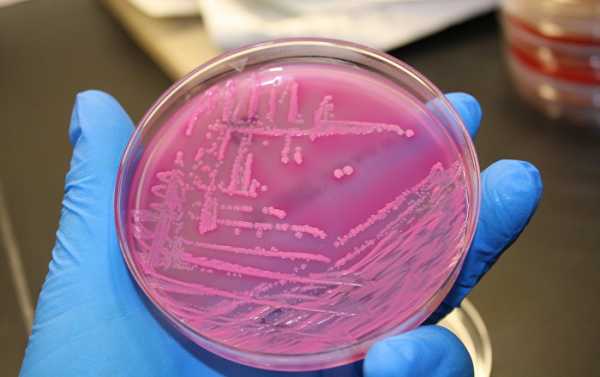
Scientists at a leading university in the United States have found an “amazing” molecule capable of eliminating deadly pathogens resistant to antibiotics in a major breakthrough of applied medical artificial intelligence.
Scientists from the Massachusetts Institute of Technology (MIT) have built an algorithm to scan over 100 millions of chemical compounds in a “matter of days” to find one capable of killing drug-resistant bacteria, it was announced on late Thursday.
Scientists have found the hidden molecule ‘halicin’, named after the AI programme from “2001: A Space Odssey”.
Initial trials were tested against dozens of strains of bacteria normally resistant to treatment, with the administered drug killing every species tested except Pseudomonas aeruginosa, a deadly lung pathogen, the report found.
Mice infected with A baumanni, an illness spread to US soldiers in Iraq and Afghanistan that is resistant to all known antibiotics, were cleared of the infection within 24 hours.
The machine learning model used in the programme could explore chemical compounds “prohibitively” expensive under traditional investigative approaches, Regina Barzilay, Delta Electronics professor of electrical Engineering and computer science at MIT’s Computer Science and Artificial Intelligence Laboratory (CSAIL) said.
James Collins, Termeer professor of medical engineering and science at the MIT Institute for Medical Engineering and Science (IMES), said: “We wanted to develop a platform that would allow us to harness the power of artificial intelligence to usher in a new age of antibiotic drug discovery.
He added that the approach revealed the “amazing molecule” which was “arguably one of the more powerful antibiotics” ever discovered.
MIT professor James Collins said: “We’re facing a growing crisis around antibiotic resistance, and this situation is being generated by both an increasing number of pathogens becoming resistant to existing antibiotics, and an anaemic pipeline in the biotech and pharmaceutical industries for new antibiotics.
The news comes as experts from Google Health and Alphabet subsidy DeepMind, as well as academics in the US and UK, announced in January they had created an AI programme to lower the number of false positives in tests by 5.7 percent in the US and 1.2 percent in the UK, with false negatives falling 9.4 and 2.7 percent, respectively.
The United Kingdom has also begun researching the role of AI in medical care, with UK prime minister Boris Johnson set to launch the NHS X, a programme aimed at the early detection of illnesses such as Alzheimer’s and cancer in a bid to free up patient care staff and save costs, among others.
Sourse: sputniknews.com






